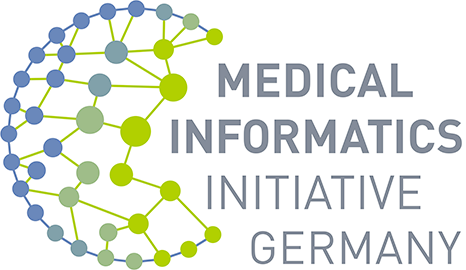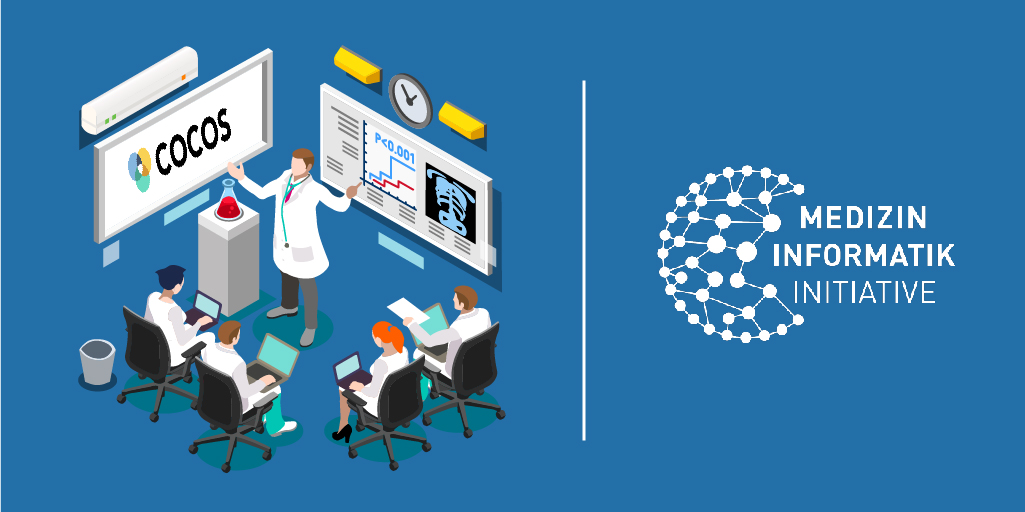
The novel coronavirus has been an enormous challenge for our healthcare system. During the pandemic, the science, tech and start-up communities have independently developed diverse solutions for researching and combatting COVID-19. Against this background, the cocos Initiative aims to bring together these many creative and promising ideas, to ultimately make them more effective.
cocos was launched by the German National Association of Statutory Health Insurance Physicians (KBV), the Federal Ministry of Health’s Health Innovation Hub (HIH) and Health Level 7 (HL7) Germany. The Robert Koch Institute (RKI), the German Federal Institute for Drugs and Medical Devices (BfArM), the German Institute of Medical Documentation and Information (DIMDI), the Medical Informatics Initiative (MII), the Network of German University Hospitals (Netzwerk Universitätsmedizin) and the German Association of Healthcare IT Vendors (bvitg) have since joined as active participants. The number of organisations supporting this lighthouse partnership includes gematik, IHE Deutschland, the Interoperability Forum, and others – and continues to grow.
The cocos Initiative’s objective is to establish harmonised data formats and standards for the interoperability and consolidation of COVID-19-relevant data – providing users, developers and researchers with a basis for joint collaboration and mutual compatibility.
Via the cocos.team platform, recommended standards can be viewed, and new suggestions made – which can be leveraged for the development of solutions to tackle the coronavirus, and to streamline data consolidation/integration for e.g. research purposes. Among the first definitions available via cocos are KBV basic profiles, the modules of the Medical Informatics Initiative’s core data set, COVID-19-specific data from e.g. GECCO or FHIR resources of HL7 Germany, and RKI profiles for electronic reporting of identified infections with the SARS-CoV-2 pathogen. Further definitions will follow.
Media contact:
Sophie Haderer, Stefan Rabe, Tel.: 030 − 22 00 24 730,
E-Mail: presse@medizininformatik-initiative.de
Background
The aim of the Medical Informatics Initiative (MII) is to enhance research and patient care through innovative IT solutions. These will enable the sharing and use of data from healthcare and from clinical and biomedical research across multiple entities and sites. The German Federal Ministry of Education and Research (BMBF) is investing a total of 160 million euros in the initiative through 2021. Within the scope of four consortia – DIFUTURE, HiGHmed, MIRACUM and SMITH – all German university hospitals and medical centres at over 30 locations are cooperating with research institutions, businesses, health insurers and patient representatives. Their mission is to enable the use of research findings to the direct benefit of patients. At the same time, priority is given to robust data protection and security.
The Berlin-based coordination office, operated by TMF (Technology, Methods and Infrastructure for Networked Medical Research) with MFT (German Association of Medical Faculties) and VUD (German Association of Academic Medical Centers), is responsible for managing cooperation within MII at national level.

